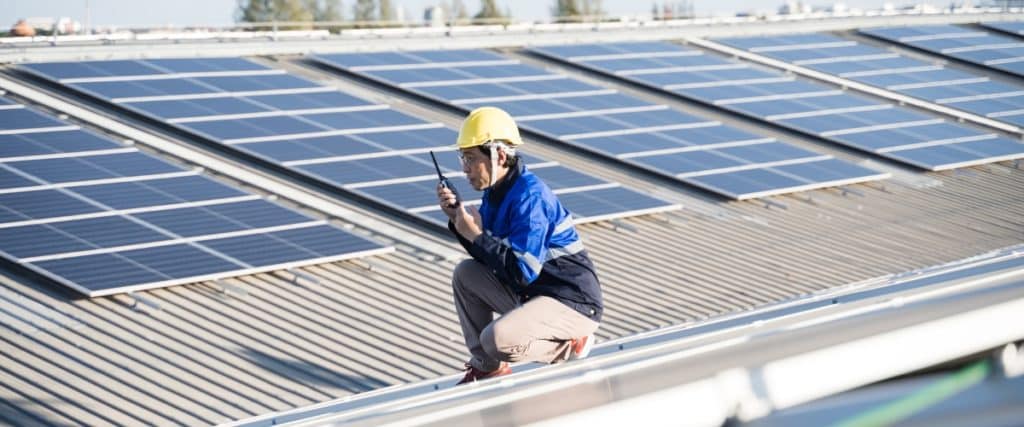Tokyo announces its newest sustainable regulation, requiring large-scale developers and homebuilders to install solar panels for all houses built in the city from April 2025 onwards.
Japan is the world’s fifth highest carbon emitter due to its heavy dependence on coal and natural gas for electricity consumption. In April 2021, Japan pledged to cut down on its emissions by up to 46% from 2013 levels by 2030, the country’s greenhouse gas discharge fell to a record low with a 5.1% decline over the past seven years.
The nation continues to expand its commitment to tackling climate change, as Tokyo recently passed a regulation that will mandate large-scale property developers and homebuilders to install built-in solar power panels for all new houses constructed after April 2025.
The first-of-its-kind ordinance in Japan will require around 50 major builders in the city to assist with providing homes of over 21,500 square feet with renewable energy power grids. Most of these houses will be equipped with solar panels mainly, with the sustainable sources enabling each household to effectively cut their individual carbon emissions, as well as collectively as a municipality.
Tokyo Governor Yuriko Koike commented that only 4% of buildings in the city offer a feasible environment for solar panel installation, demonstrating a significantly low implementation rate. As the Tokyo Metropolitan Government aims to cut down their greenhouse gas emissions by 2030, mandating solar panel structures for new houses will further propel the adoption of renewables nationwide and help the country stay on track with their sustainability goals.
The ordinance will take full effect in April 2025 upon informing residents and appropriate businesses of the recent development and the preparations set in place.
The metropolitan government estimates that the initial cost of installation is around US$7,200 for 4-kilowatt panels, which can be covered within 10 years from electricity sales revenue, and aims to further reduce this to six years by providing additional subsidies.
Related Articles
Honda Invests in Solid-State Batteries for Electric Vehicles
ASEAN Must Double Investments in Renewable Energy to Meet Climate Goals





